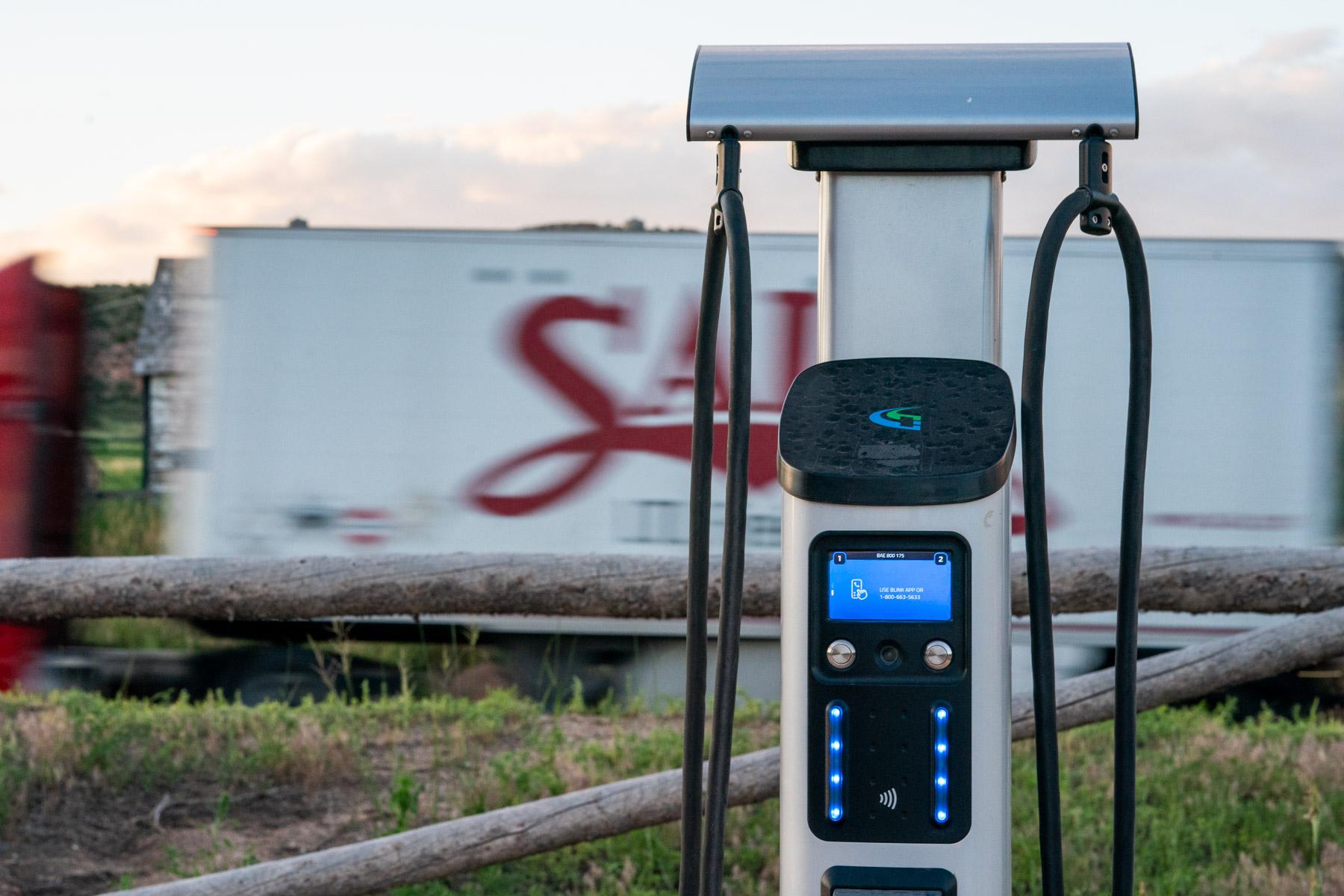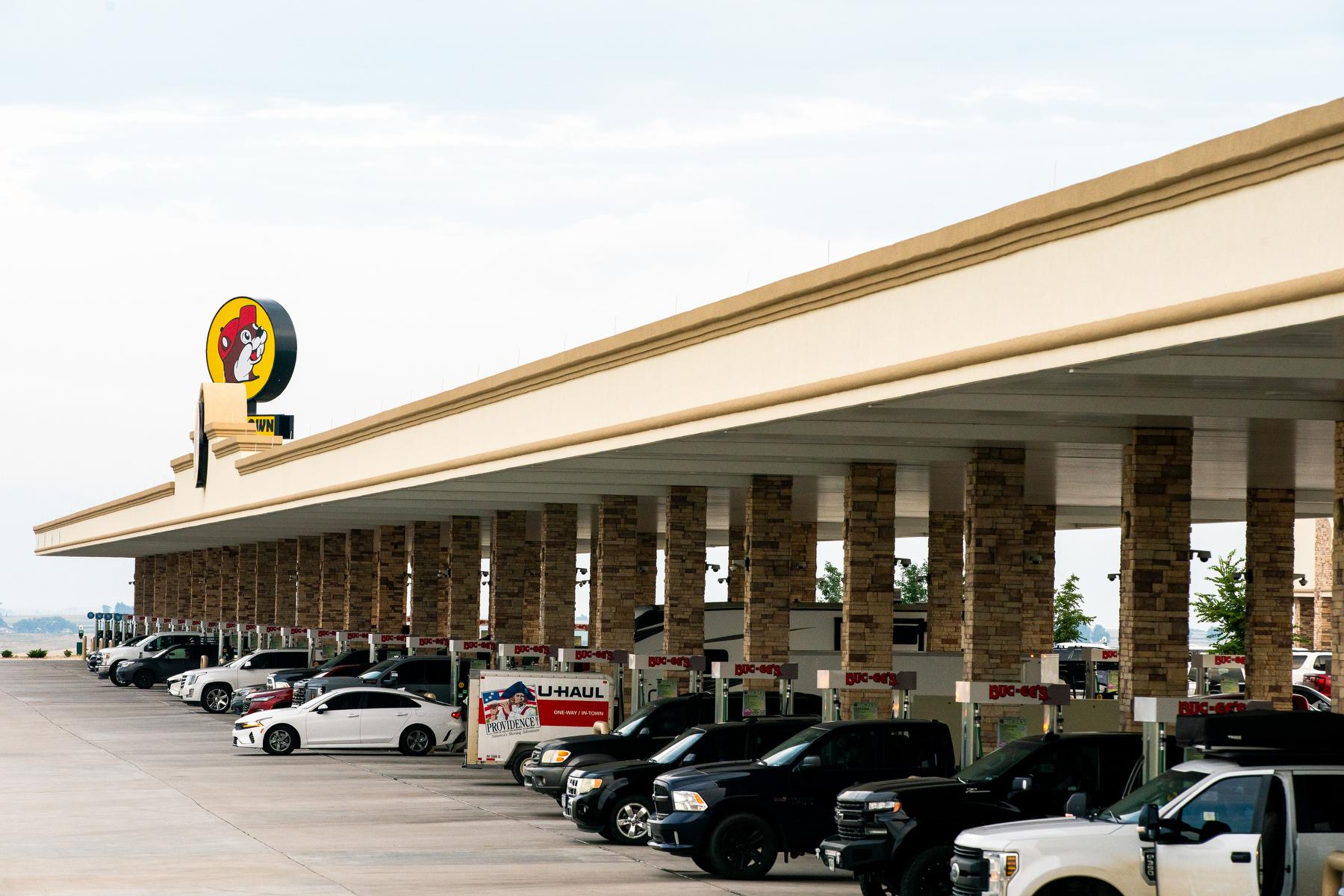
The expiration date plastered on dealership websites and trumpeted in car commercials for the last few months has come and gone.
On Sept. 30, the federal electric vehicle tax credit — worth up to $7,500 — officially ended due to the budget bill signed by President Trump in July. The deadline helped spur a short-term surge in EV purchases nationwide. Going forward, however, climate-minded states will have to look for other ways to boost the adoption of battery-powered cars.
Colorado announced one attempt to make up for the loss of the federal tax credit on Thursday. To maintain some of its EV momentum, the state will increase benefits offered through its Vehicle Exchange Program (VXC), an initiative designed to help middle- and low-income residents replace older gas-guzzlers with plug-in vehicles.
Starting Nov. 3, the discount available through the VXC program will increase from $6,000 to $9,000 for new EV purchases and leases. The rebate available for the purchase or lease of a used EV will climb from $4,000 to $6,000.
“We certainly can’t make up for all the actions of the federal government, but this is something that we can do that’s really focused on the folks who need the most financial help to get into the EV market,” said Will Toor, the executive director of the Colorado Energy Office.
To qualify for the program, a Colorado resident must either participate in a government assistance program or earn less than 80 percent of their county’s median income.
In Denver, a single person would qualify with an income less than $78,480 annually. A family of four in Mesa County must earn less than $81,600 per year.
Trade-in gas- or diesel-powered vehicles must be at least 12 years old to be eligible for the rebate. In 2025, for example, an applicant must hold the title for a 2013 model year car or an even older vehicle to qualify.
Colorado launched the program in 2023 with funding from fees on deliveries like Amazon packages and DoorDash food orders. Since then, the state has issued more than 3,500 rebates, and more than 2,700 car buyers have redeemed those discounts.
Edward Piersa, who oversees the program with the Colorado Energy Office, said those totals exceed the state’s original goals. At the same time, he said applications have declined over the last few months as other state and federal EV incentives have disappeared, putting battery-powered cars further out of reach for less wealthy Colorado residents.
“A lot of external factors, in short, have impacted the performance of the program over this calendar year,” Piersa said.
A clean transportation board with the Colorado Energy Office has already approved funding for the rebates through the next fiscal year. Toor said the program will use that previously allocated funding to offer the larger rebates. Other state initiatives won’t be impacted.
The change comes as Colorado’s EV tax credit, available to car buyers regardless of their income level, is on the decline. Starting in 2025, the incentive shrunk from $5,000 to $3,500 for a new plug-in vehicle, and it’s set to decrease again to only $750 in 2026 due to the state’s on-going budget struggles.









